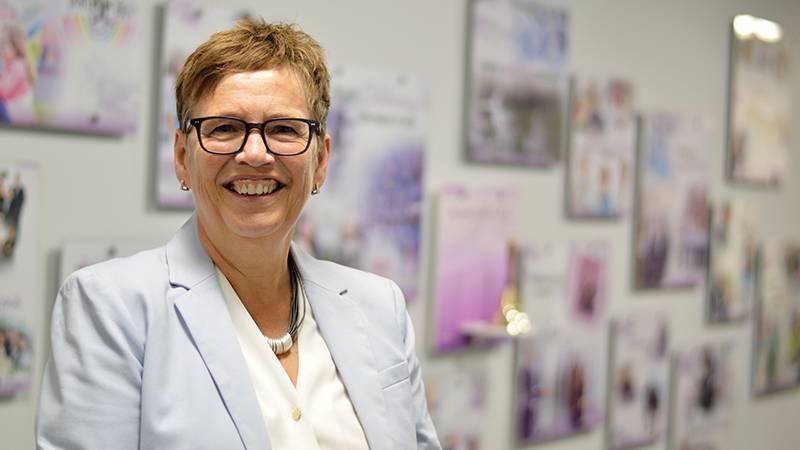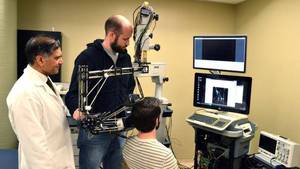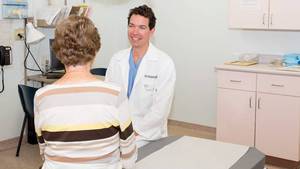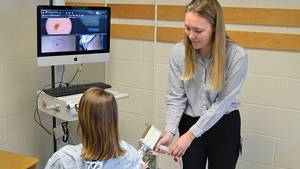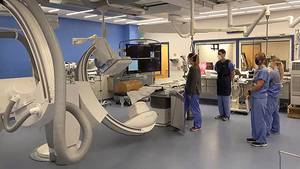Amid the COVID-19 pandemic, the QEII Foundation welcomed new president and CEO Susan Mullin. An experienced leader in healthcare philanthropy, she’s excited to be home in Nova Scotia.
Q: You entered this new role during unprecedented times. Has this presented any challenges for you? Have there been any pleasant surprises?
A: My role with the QEII Foundation depends upon relationships built on trust. I’ve had to really adapt to the realities that we’re all facing because of the pandemic. Instead of being personally introduced to important stakeholders at a meeting, a reception or over lunch, introductions happen via email and I’m jumping right into a one-on-one phone or video call, or in good weather, a coffee on a patio.
I am truly grateful for our new comfort with Zoom and other video platforms, but I think we are all missing out on the social niceties of in-person meetings. That said, we’re all having to navigate new waters and I’ve really been overwhelmed by the welcome from donors, board members, staff and health partners and by their desire to help me settle in. But I’m not surprised; it’s the Maritime way.
Q: Health care definitely took centre stage during the last few months. What are some of the good news stories you see in health care right now?
A: Health care really has never been more relevant in our lifetime and hospitals like the QEII have become ground zero in the fight to manage and treat people with COVID-19. In order to be ready, the entire health system has had to adapt and respond. Ideas such as virtual care — using video calls and related technology to allow patients to connect with their healthcare provider from the safety of their own home — have advanced based on necessity.
With so much uncertainty in our world and what our province has gone through, a lot of people are struggling with their mental health right now. Having access to the right resources is more important than ever. In fact, the QEII Foundation is working with our community to raise funds to support e-mental health to tackle wait times and ensure care is available to all.
This idea of necessity being the mother of invention also can be seen in our work to bring advanced surgical robotics technology to the QEII. Where reducing the length of surgical procedures and inpatient stays has always led to improved patient outcomes and often increased surgical capacity, during COVID-19, keeping people out of hospital has taken on new meaning.
Q: What does the first six months in your role look like for you? What is on the horizon for the QEII Foundation?
A: I’m going to continue to do my best to meet as many supporters, business and community leaders, health centre staff and physicians and donors from across Halifax and Nova Scotia as possible. This is an incredibly exciting time for the QEII Foundation as we work with the community to invest in technologies and innovative new ways of providing world-class and compassionate health care.
The reality is, we can’t allow COVID-19 to take our eyes off the need for philanthropic investments in heart health, cancer care, surgical innovation, mental health and more. I know our community will continue to support the QEII and ensure the very best care is available here at home.
Q: Any special message to donors as you settle back home in Nova Scotia?
A: Thank you for welcoming me and my wife home to Nova Scotia. We’re thrilled to be here and I’m excited for what we can do together to impact health care for the province and, indeed, the region.
For more information about the QEII Foundation, call 902 334 1546 or drop us a line at info@qe2foundation.ca.

